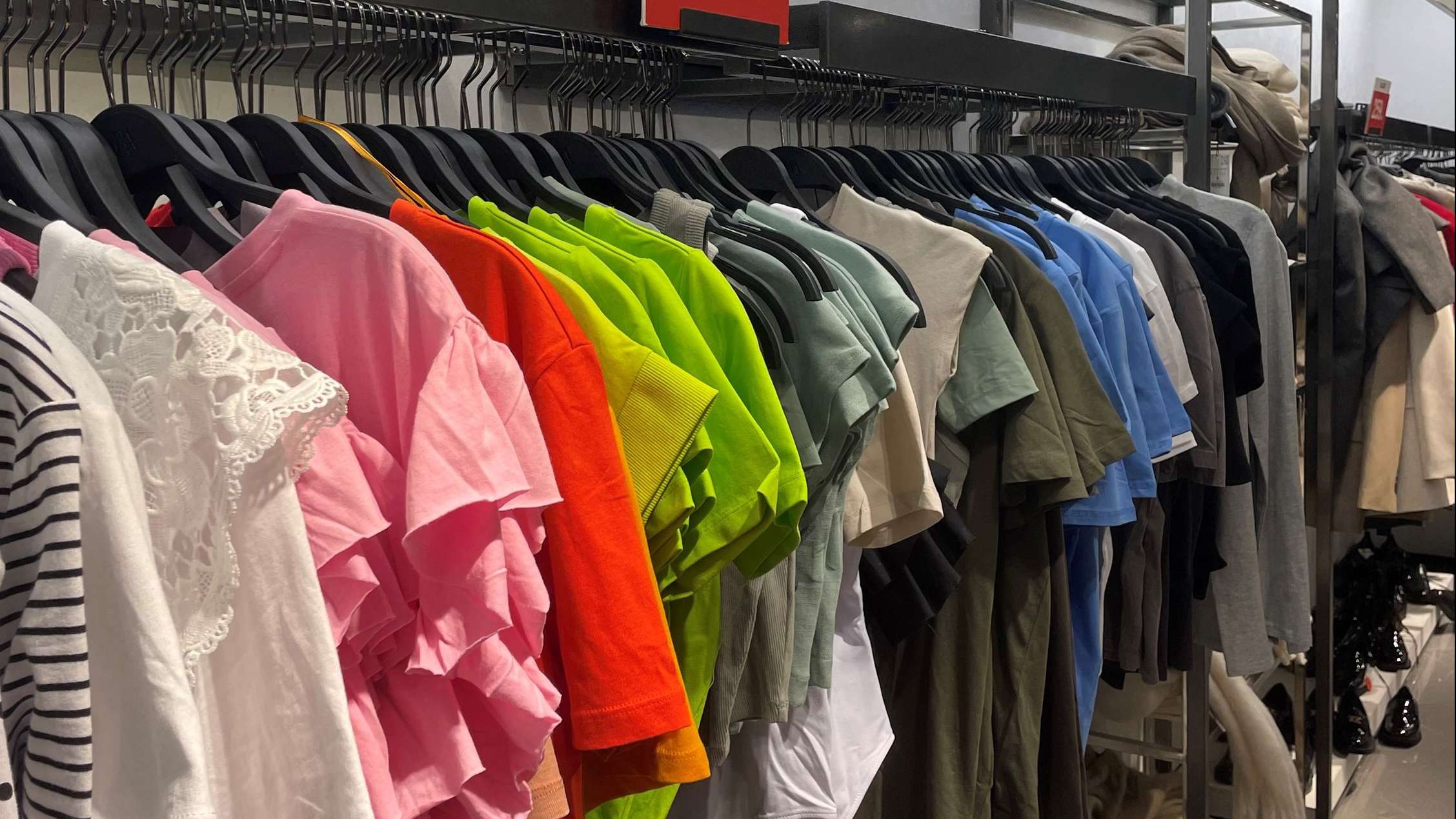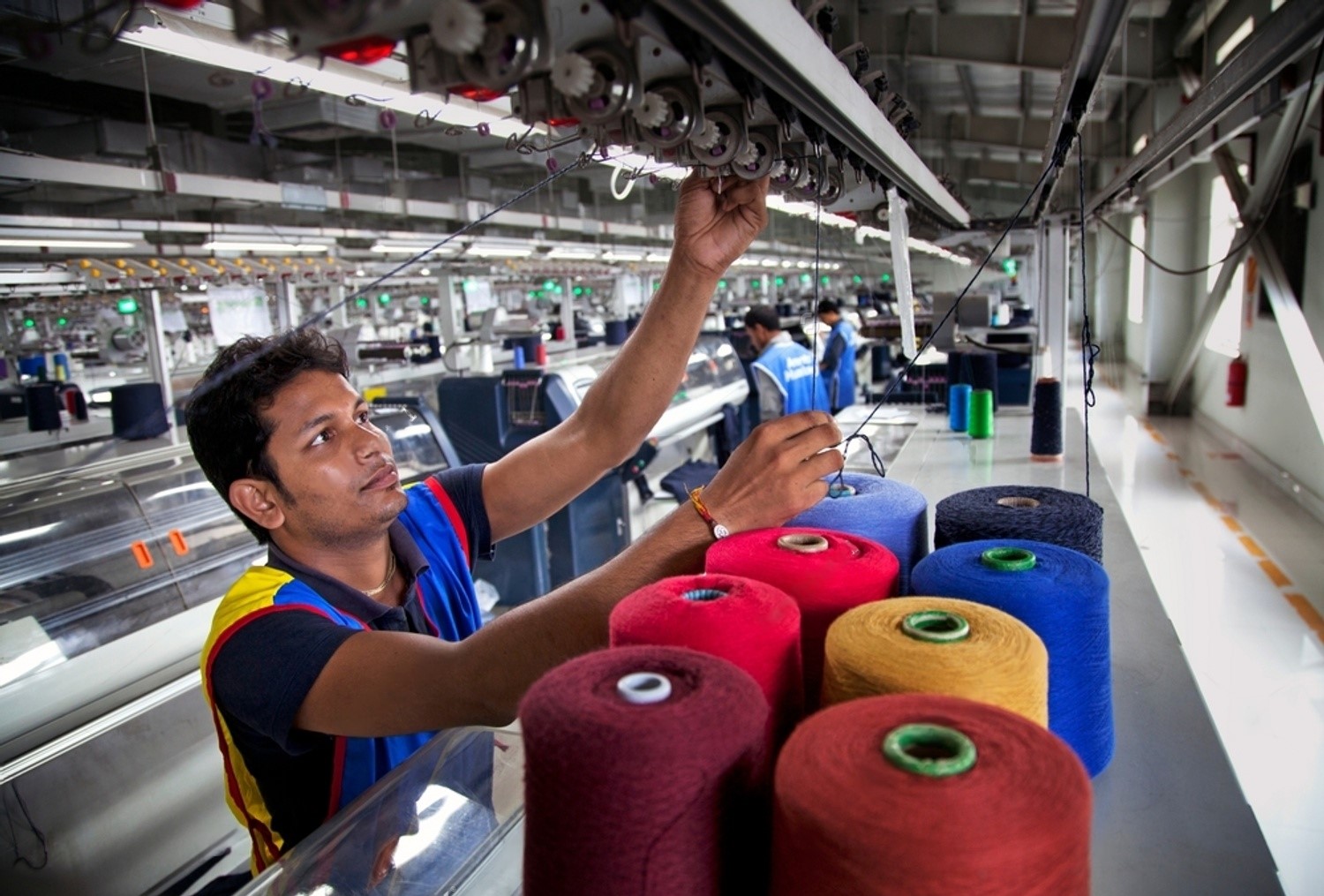Bangladesh's exports to China fell 26.79 per cent year-on-year in 2017-18. China has toughened certification regulations no longer accepts Bangladesh’s certification standards. So, Bangladeshi processed food exporters have to wait for days to receive certification from China, which is the main reason for the fall in exports.
Even in fiscal 2016-17, exports from Bangladesh to China had recorded a 17.48 per cent year-on-year increase. Moreover, the number of exportable items that Bangladesh has is low, although China has allowed duty-free access to 5,074 products from Bangladesh.
Bangladesh is a global leader in garment products but China does not allow duty-free import of all garments. As a result, exports of garments to China are also not increasing. Further China seeks high-end value-added items, something Bangladesh does not have a strong grasp on. China has also tightened visa regulations due to which, in most cases, small and medium company owners are being denied the scope to travel there.
Though China has a strong demand for jute, jute goods, leather and leather goods, Bangladeshi exporters lag behind due to their poor negotiation skills. Given the situation, Bangladesh is aiming for a free trade agreement with China. Currently, China is Bangladesh’s second largest export destination among Asian nations after Japan.
Bangladesh exports to China down 26 per cent, both aiming for an FTA
- 1
- 2
- 3
- 4
- 5
- 6
- 7
- 8
- 9
- 10
EU Garment Imports Shift: Consolidation gives way to diversification
A new analysis of EU garment import data from the International Trade Commission reveals a shift in sourcing patterns. While... Read more
PLI Scheme Falters: India's textile industry misses out on global growth
The Production-Linked Incentive (PLI) scheme, designed to boost Indian manufacturing, is facing headwinds, particularly in the textile and apparel sector.... Read more
The future of fashion, a $2.97 trillion opportunity
The global apparel market is on a growth path and projected to reach a $2.97 trillion by 2033, says a... Read more
US Textile and Apparel Trade: CAFTA-DR relations, challenges, and opportunities
The US textile and apparel industry is a complex web of domestic manufacturing, imports, and exports, interwoven with trade agreements... Read more
VIATT 2025 set to boost Vietnam's textile industry growth
Vietnam's textile and garment sector is poised for continued growth in 2025, with exports expected to reach $44 billion, marking... Read more
India emerging a major apparel sourcing hub for US fashion companies
A new study by Prof Sheng Lu and research assistant Gabriella Giolli of the University of Delaware has shed light... Read more
Bangladesh's apparel exports threatened by Vietnam's rise and looming LDC gradua…
A recent study by RAPID and the Friedrich-Ebert Stiftung paints a worrying picture for Bangladesh's ready-made garment (RMG) industry. The... Read more
Cotton Makes a Comeback: Comfort, sustainability drive fiber's popularity
Move over synthetics, cotton is back and here to stay. The latest Cotton Incorporated Lifestyle Monitor Survey reveals a significant... Read more
Source Fashion 2025 spotlights Egyptian Pavilion for sustainable sourcing
Source Fashion, Europe’s leading responsible sourcing event, will feature an exclusive Egyptian Pavilion at its next show from 18th-20th February... Read more
Chinese textile industry navigated shifting tides in 2024, says CCF Group analys…
The Chinese textile industry, a behemoth in the global market, has weathered a dynamic year in 2024. Recent reports and... Read more












